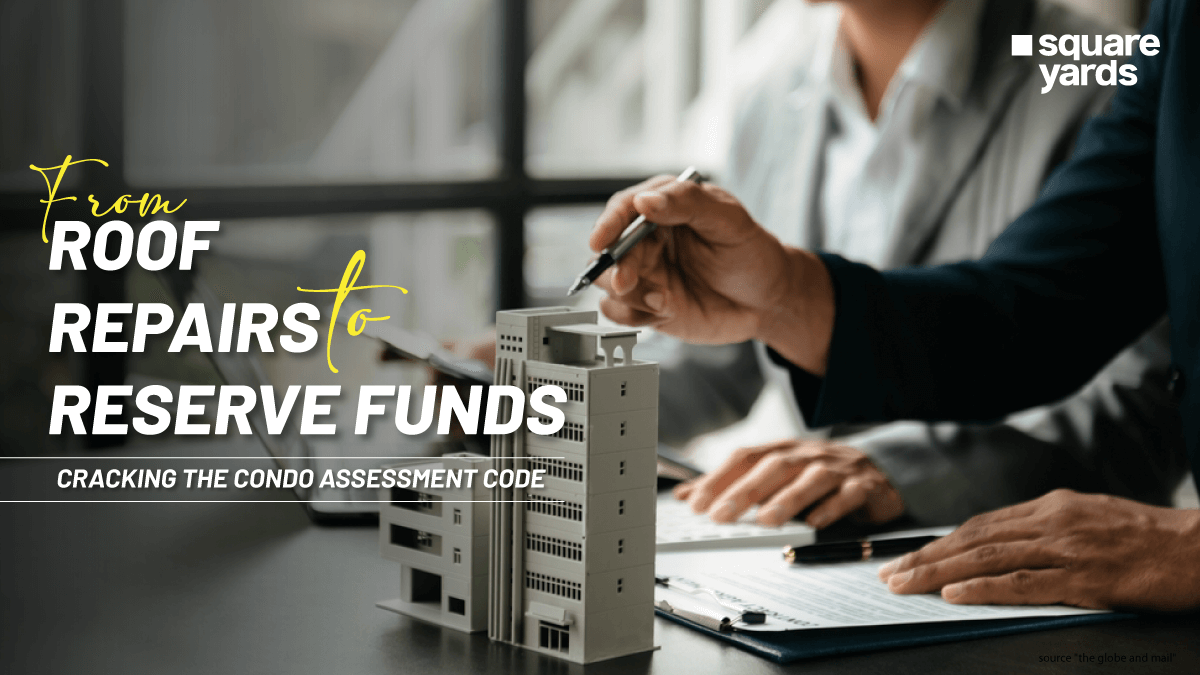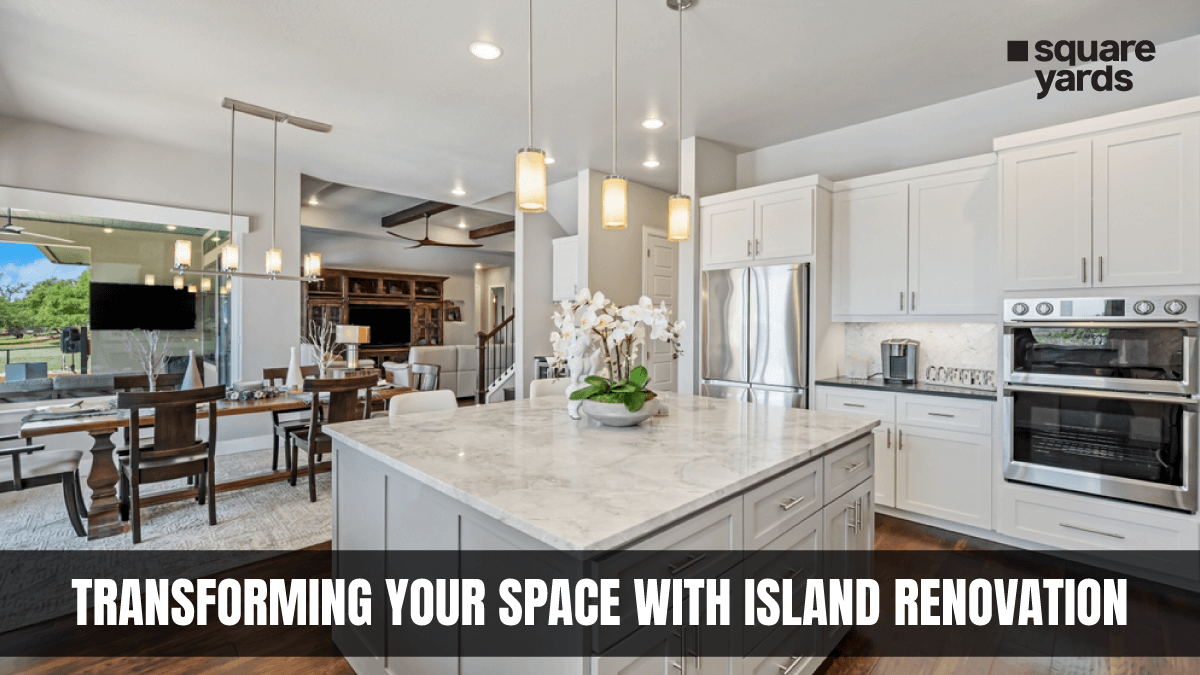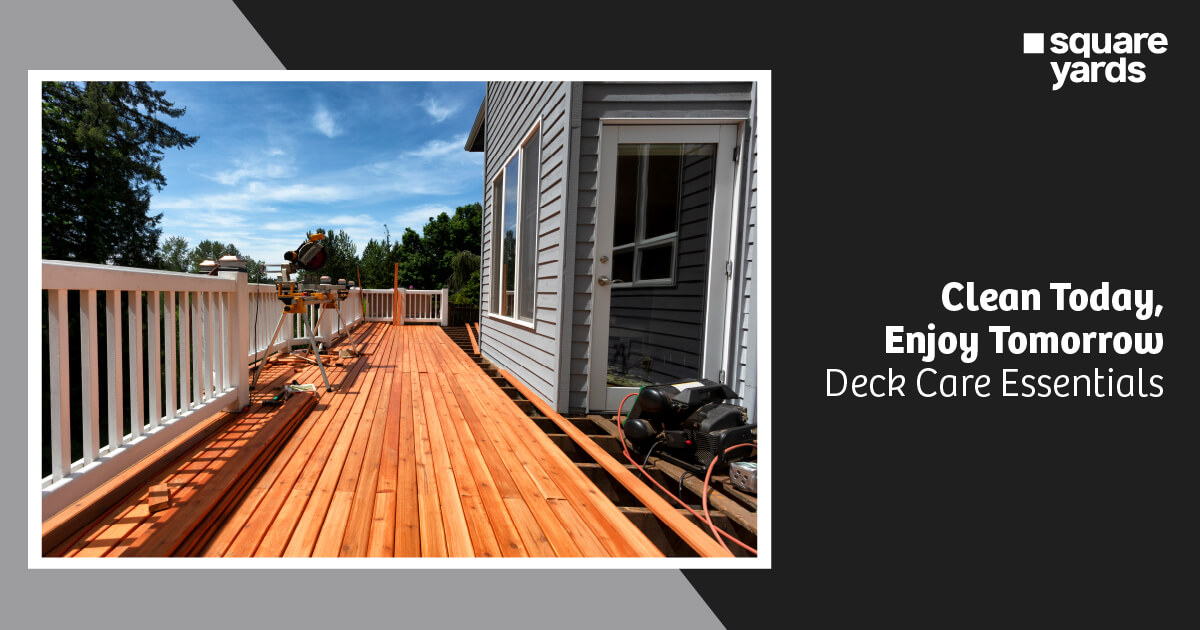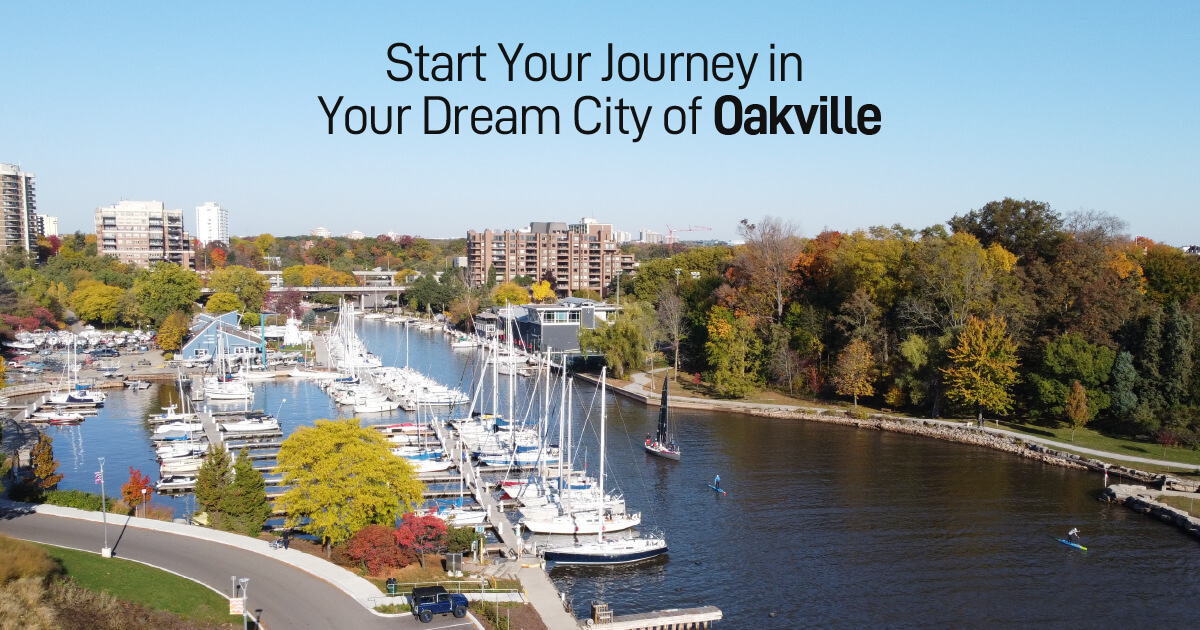If you own a condo or are planning to buy one, you must have probably heard the term condo special assessment. While it might sound a little intimidating, it’s a reality that many condo owners face at some point. In simple words, a special assessment is a one-time fee charged to condo owners to cover significant repairs or unexpected expenses that the building’s reserve fund can’t handle. In this blog, we’ll explore everything you need to know about condo assessments: what they are, why they happen, and how to handle them effectively. By the end, you’ll feel more prepared to navigate this aspect of condo ownership confidently.
Understanding Special Assessments in Condos
A condo special assessment is like an unexpected expense you and your neighbours need to cover for the upkeep of your building. It usually happens when a big repair or urgent project comes up, and the regular condo budget or savings (called the reserve fund) doesn’t have enough to pay for it. Think of it as a team effort to maintain your home’s value and safety.
For example, imagine the roof needs urgent repairs or the heating system breaks down. If the reserve fund cannot handle the costs, the condo board might ask all owners to contribute through a special assessment. While it’s not the most exciting part of condo ownership, it’s an important step to ensure everything runs smoothly.
Estimating the Condo Assessment Cost for Owners

When faced with a condo special assessment, a common concern is: “How much will this set me back?” The cost can vary significantly based on the nature and scope of the required work. For instance, minor repairs might lead to smaller assessments, while major projects—like replacing a roof or updating essential systems—can result in more substantial fees. Typically, the amount each owner pays is determined by their ownership share, as specified in the condo’s governing documents.
Consider this to give you a figure: if your building needs $50,000 in roof repairs and has 50 residents, each person may pay around $1,000. However, this is a simplified example; actual costs can differ based on various factors.
It’s also worth noting that special assessment fees can be quite high in some cases. For repairs, there have been instances where condo owners faced special assessment fees totalling between $50,000 and $400,000, even after the cost was divided among the condominium owners. To avoid being caught off guard, staying informed about your condo association’s financial health is wise. Regularly reviewing reserve fund studies and attending condo meetings can provide insights into potential future assessments, allowing you to plan and budget accordingly.
What If You Cannot Pay or Refuse a Condo Assessment?
Dealing with a condo special assessment can be challenging, especially if the cost is higher than expected. So, what happens if you can’t afford it or decide not to pay? First, it is important to understand that a special assessment is a legal obligation for all condo owners. If you can’t pay, you may face penalties such as late fees, interest charges, or even legal action by the condo board. In extreme cases, unpaid assessments could result in a lien being placed on your property, which might affect your ability to sell the condo or even lead to foreclosure.
If you’re struggling to pay, consider contacting your condo board to discuss possible alternatives. Some boards may offer payment plans, allowing you to spread the cost over several months instead of paying it all at once. Additionally, you might explore personal financing options, such as a low-interest loan or using savings to manage the expenses. Choosing not to pay isn’t a viable option, as it can have serious financial and legal consequences. Staying proactive and communicating with your condo board is key to navigating this situation smoothly.
Tips to Prevent Condo Special Assessments

While special assessments can’t always be avoided, there are steps you can take as a condo owner to reduce the chances of facing one.
-
- Stay Informed About Your Condo’s Reserve Fund : A healthy reserve fund is the best defence against unexpected assessments. When purchasing a condo, review the reserve fund report and ask questions about how well it’s funded. Buildings with insufficient reserves are more likely to levy special assessments.
- Attend Condo Meetings : Participate in board meetings to stay up to date on upcoming projects or repairs. Active involvement allows you to advocate for better financial planning and push for cost-effective solutions.
- Vote for Proactive Maintenance : Regular maintenance prevents small issues from turning into costly emergencies. Support plans for ongoing inspections and upkeep to avoid hefty repair costs later.
- Choose a Well-Managed Building : Buildings with responsible condo boards and effective management tend to plan, keeping reserves well-funded and reducing the likelihood of unexpected costs.
Are Special Assessments for Condos Eligible for Tax Deductions?
One of the most common questions condo owners ask is whether condo special assessments are tax deductible. The answer, unfortunately, depends on the nature of the assessment and your local tax laws. In most cases, special assessments used for repairs and maintenance are not tax deductible. However, if the assessment funds a capital improvement, like installing a new elevator or upgrading the building’s plumbing, it might qualify for tax benefits. Capital improvements can sometimes increase the property’s value and may be deductible under certain circumstances.
If you’re renting out your condo, special assessments for repairs or improvements might be deductible as part of your rental property expenses. It’s always a good idea to consult a tax professional to understand how local laws apply to your situation.
Frequency of Special Assessments in Condos
Special assessments are not an everyday occurrence, but they aren’t entirely rare either. Their frequency depends largely on the financial health of the condo’s reserve fund and the board’s planning. Well-managed condos with properly funded reserves can often avoid or minimise special assessments, while poorly funded buildings are more likely to impose them. Factors that increase the likelihood of special assessments include older buildings with outdated infrastructure, sudden emergencies like roof leaks or plumbing failures, and unexpected regulatory changes requiring costly upgrades. Buildings with proactive maintenance schedules and sufficient reserves are generally better equipped to handle such expenses without turning to special assessments.
If you’re concerned about the possibility of a special assessment, reviewing the building’s reserve fund report and attending board meetings can give you valuable insight into potential future costs.
The Increasing Relevance of Condo Special Assessment in Property Management
Over the years, condo special assessments have become a growing reality for many property owners. This increase reflects the rising need for better maintenance and significant upgrades in shared living spaces. As condo buildings age, wear and tear become inevitable, leading to higher condo assessment costs for repairs and replacements. One major factor contributing to this growth is underfunded reserve accounts. In some instances, condo boards may fail to budget appropriately for future expenses or overlook the importance of proactive maintenance. This can result in needing a condo assessment when unexpected issues arise.
Regulatory changes also play a role. For example, updated building codes or environmental regulations might require upgrades to systems like fire safety or energy efficiency, often leading to these special assessments. Owners can advocate for proper budgeting and regular maintenance to minimise the financial burden of a condo special assessment. Ensuring that the reserve fund is well-managed and aligned with future needs can also reduce the likelihood of costly surprises.
Final Thoughts
Dealing with condo special assessments might not be the most exciting part of condo ownership, but it doesn’t have to be overwhelming. By staying informed, attending meetings, and keeping an eye on the reserve fund, you can reduce the chances of being caught off guard by unexpected costs. Remember, these assessments aren’t just expenses—they’re investments in keeping your home safe, functional, and valuable. With a little preparation and involvement, you can handle them confidently and continue to enjoy the perks of condo living.
Frequently Asked Questions (FAQs)
How do condos work in Canada?
Condos are private units within a shared building or complex. Owners share responsibility for common areas managed by a condo board, and condo fees cover the costs.
What are condo fees in Canada?
Condo fees are monthly charges for maintaining common areas, building insurance, utilities, and contributions to the reserve fund. These fees vary depending on the size of the condo, amenities, and the building’s financial needs.
Do you pay monthly for a condo?
Yes, condo owners typically pay monthly fees, including condo fees and, if applicable, a mortgage payment for their units. The condo fees ensure that shared areas and services are maintained.
































